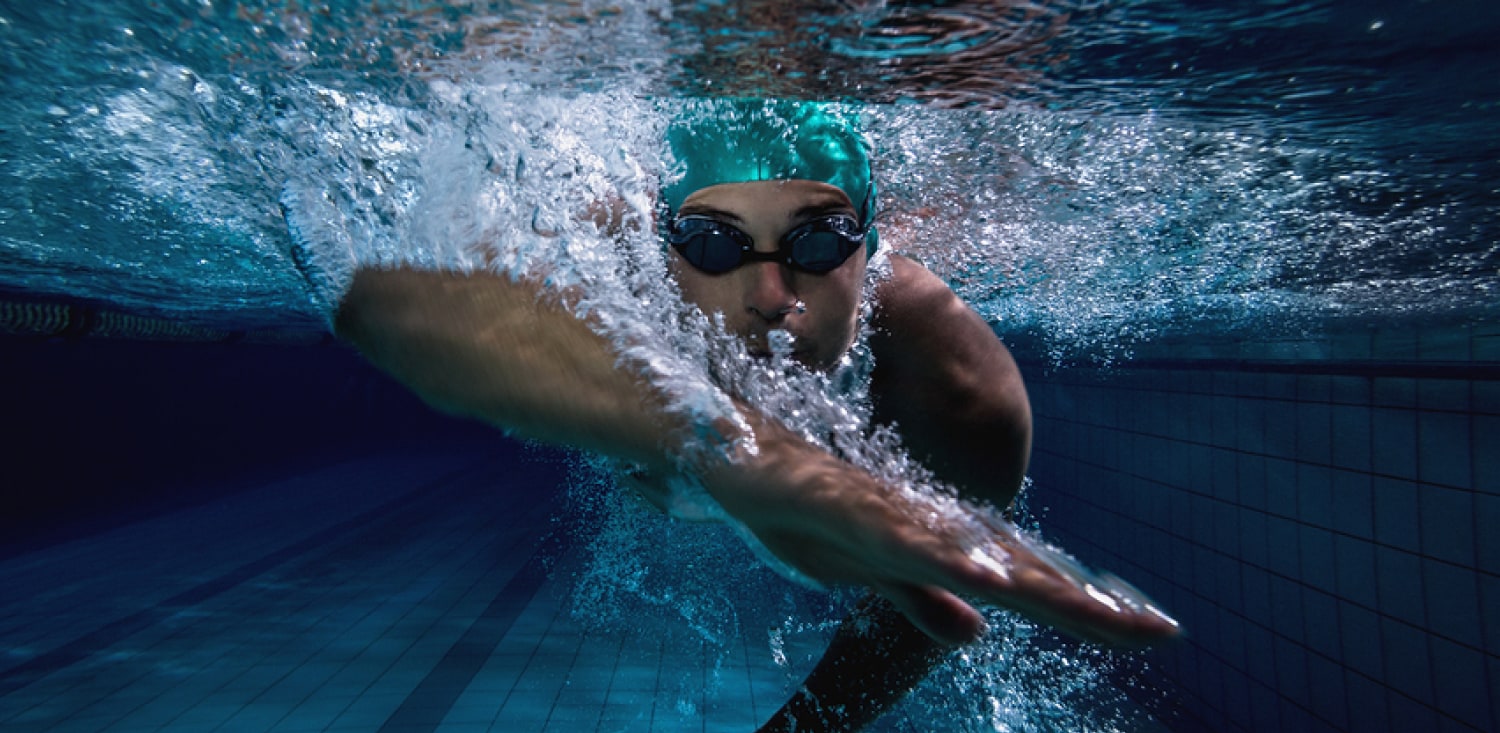Can you swim with contacts? All you need to know

During a warm afternoon, there is nothing more refreshing than the thought of jumping into the swimming pool to cool down and relax. When you wear contact lenses, you might wonder, “Is it safe to swim in my contact lenses?"
Well, according to the FDA, swimming with contacts should be avoided without specific eye protection.
Swimming with contacts: is it safe?
The FDA considers wearing contacts while swimming a "serious hazard," and recommends removing your contact lenses before getting in the water. Exposing your contact lenses to water can raise the risk of getting an eye infection from bacteria living in swimming pool water, hot tubs, lakes, and oceans.
Can you wear contacts underwater?
The FDA also recommends not exposing contact lenses to any water, including tap water, swimming pools, oceans, lakes, hot tubs, and showers.
Can you swim in the ocean with contacts?
Perhaps you want to take a vacation to the beach. Taking in the beautiful sights while swimming in the ocean without your contact lenses will be less than optimal. You might consider using a high-quality pair of goggles to protect your eyes and prevent water from getting into your contact lenses.
According to the FDA, wearing your contact lenses without the protection of goggles in any water, including showers, oceans, lakes, or pools, increases the risk of sustaining a bacterial infection.
Waterproof goggles can keep unwanted bacteria and contaminants from reaching your eyes. They also help keep your contacts safely in your eyes while exploring underwater.
Can you wear contacts in the pool?
If you’re a swimmer, but need contacts to see, think about investing in high-quality goggles. According to the University of Utah Health Care, fresh water and the water in swimming pools can cause soft contact lenses to constrict and tighten against your eyes, causing significant eye irritation from contacts.
Soft lenses are porous, allowing chemicals and bacteria to lodge inside the lens and press against your eye, increasing the chances of infection and irritation. "It doesn't matter if it's fresh water or a chlorinated pool," says Dr. Timothy Gibbons, an optometrist at the University of Utah Health Care. “There are bugs and pathogens that chlorine doesn't kill, which could potentially cause damage to the cornea, infection, or ulcers."
How to be prepared for the next swim
Before you take your next dip in the pool or ocean, consider the risks involved in swimming in your contact lenses. You should either remove your contacts before swimming or purchase protective goggles to keep the water from entering your eyes. If you take these precautions, you can enjoy your next swim, and your eyes will be healthier in the long run.


